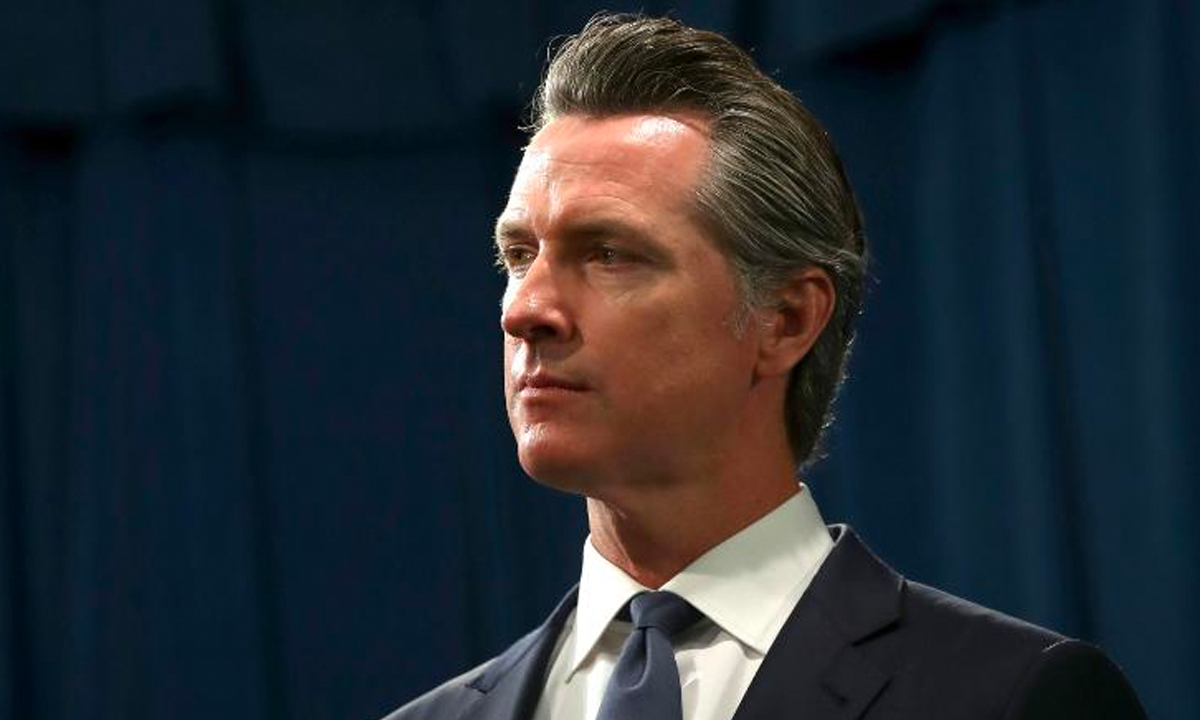Written by Joey Brasil
On Tuesday, the California State Legislature rejected a bill that was intended to stop fracking and oil extraction wells from residing near neighborhoods, schools, and health care facilities.
With the recall election looming in 2022, Governor Newsom has dodged the responsibility of addressing the important issue of fracking. Newsom took no stance on the bill, most likely due to not wanting to anger labor unions that represent workers in the oil and gas industry or environmentalists who want the practice banned.
In regard to environmental issues, Governor Newsom also faces the issue of how to solve the State’s water scarcity. Newsom avoided the crucial question of whether or not he was going to announce a drought emergency. If he does, the Governor would be allowed to mandate conservation and relieve restrictions on the environment in order to divert more water to farmers.
Environmental advocates and agricultural industries are putting Newsom between a rock and a hard place regarding whos interests to prioritize. However, a decision needs to be made if anyone expects to have enough water amidst the drought California is facing.
“We are mindful of the urgency as it relates to anxiety now entering the second year of drought conditions. And we will be very, very forthright if we make a determination of drought emergency. But again, that has to come with certain benefits that otherwise couldn’t be accrued without it,” said Newsom on Tuesday.
The uncertain situation could potentially get more complicated as the federal government is presumably announcing allocations from the Klamath Project, which resides along the California-Oregon border. On this border, competition for scarce water resources is ongoing amongst indigenous tribes and farmers.
“It’s just impossible for them to make everyone happy. There’s just not enough water,” said Mike Belchik, a senior water policy analyst for the Yurok Tribe in Northern California.
The water crisis in California will only worsen if Governor Newsom continues to put off his responsibility to make decisions on controversial issues.




